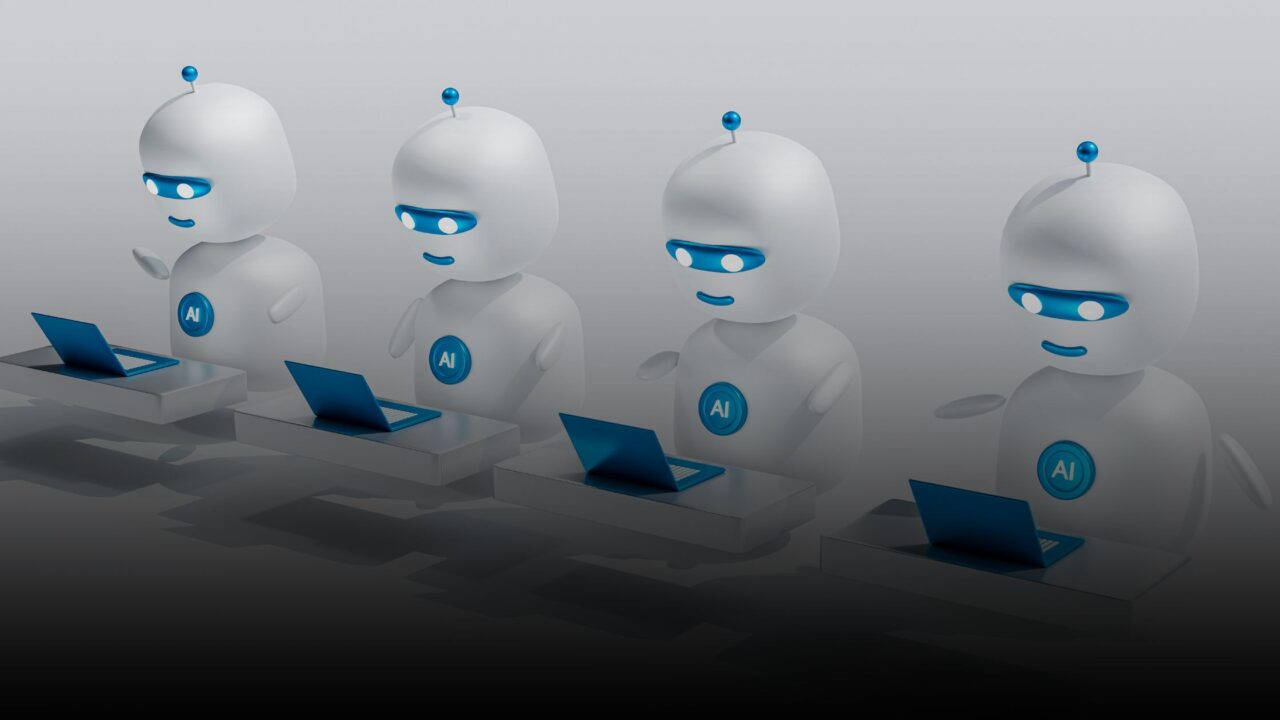The ethical implications of artificial intelligence (AI) hover large in today’s quickly evolving technological landscape, leading to important discussions regarding the implications of AI on society. The ethical issues surrounding the use of artificial intelligence in healthcare and finance are becoming more pressing as the technology becomes more integrated into our daily lives. AI’s implications go far beyond simple technological progress; they involve difficult ethical issues involving privacy, justice, and accountability. Our ability to strike a careful balance between innovation and societal well-being is tested by the ethical aspects of AI, which range from worries about algorithmic bias to issues with global impact and equity. To make sure that AI technologies are developed and used responsibly, we must encourage communication and cooperation across stakeholders as we consider the profound implications of AI.
Addressing the ethical implications of AI is not only ethically required in this age of rapid technological change, but it is also an essential first step towards building a more just and sustainable future. In 2024, the global AI market is worth approximately $196.63 billion in 2024. The AI market is set to hit $1.85 trillion by 2030.
Ethical Implications of AI in Today’s World
- Fairness.
- Accountability.
- Job Displacement
- Autonomy control
- Security and safety
- Global impact and equity
- Widespread misinformation
1. Fairness –
The most concerning aspect is that AI is biased and unfair. Data is the basis for training AI and machine learning systems. The subsequent impact will similarly be biased and prejudiced if the data is discriminating. People who are part of marginalized populations in particular may experience prejudice.
Because of this, preserving prejudice and fairness presents a significant ethical dilemma.
Example– It has been shown that black patients receive less accurate findings from computer-aided diagnostic (CAD) systems than white ones.
2. Accountability –
When anything goes wrong in human-based work, the responsible individual will be held accountable; but, with AI-based systems, responsibility is more difficult to define as choices are made autonomously, without human input.
Since many AI systems function as “black boxes,” it might be challenging to comprehend how they make judgements. Inadequate openness may limit responsibility and complicate the resolution of problems like discrimination or mistakes.
3. Job Displacement –
Although AI and machine learning are intelligent, they have made human labour easier and more efficient than humans at completing tasks in a shorter amount of time. This benefit of AI has put people in danger. Humans are being replaced by AI-based technologies, because businesses are investing in AI to increase productivity and save costs.
AI-driven automation has the potential to disrupt labour markets and cause job displacement in some sectors of the economy. It is morally required to provide a fair transition for employees and to handle the possible impact on society of mass unemployment.
4. Autonomy control –
The concept of accountability grows more complicated as AI systems become more autonomous, raising concerns about accountability for their deeds. Unintended harm could occur in the absence of sufficient human oversight, particularly in crucial areas like autonomous vehicles or healthcare.
Finding the ideal balance between artificial intelligence (AI) autonomy and human control is essential to maximising benefits and reducing hazards. To draw boundaries around AI autonomy and make human duties clear, ethical rules and legal frameworks need to be put in place.
5. Security and safety –
Despite their amazing potential, AI systems are open to security lapses such as intentional misuse. AI can be used as a tool to carry out malicious activities like phishing schemes, cyberattacks, and the spreading of false information.
Putting strong security measures in place is necessary for AI system safeguarding in order to stop unwanted access and manipulation. AI system safety requires addressing internal vulnerabilities and potential biases in addition to safeguarding the systems from external threats. Hence, overcoming these security obstacles is a continuous moral requirement in the creation and application of AI.
6. Global impact and equity –
The benefits and hazards of AI are distributed globally, which draws attention to inequalities in access and equity between various communities and geographical areas. We must address these variations ethically by making sure that inclusivity and fair benefit sharing are given top priority in AI development.
We can reduce the possibility of increasing inequality and foster a more inclusive and just society by bridging the digital divide and encouraging equitable access to AI. Proactive efforts to prioritize ethical issues and support the democratization of AI technologies for the benefit of all humanity are necessary to balance the benefits and risks of AI on a global scale.
7. Widespread misinformation –
The rapid spread of misleading information across internet platforms has been made possible by AI-powered algorithms and automated content creation, which has reduced public confidence in trustworthy sources. Strong safeguards must be put in place to guarantee that AI technologies are used ethically to prevent the spread of misleading information and preserve the integrity of public discourse.
In today’s connected world, lacking to solve this moral impasse could undermine democratic values and create a societal divide. This emphasizes the need for proactive efforts to limit the negative effects of AI on misinformation.
Conclusion
There are several ethical issues surrounding AI, including responsibility, job displacement, autonomy, security, and global parity, in addition to biases and unfairness. The disturbing truth is that discrimination is sustained by biased AI algorithms. In the field of AI, accountability gets confusing. Automation of jobs demands a fair transition for workers and the preparation of society for possible unemployment.
To avoid accidental damage, AI autonomy and human control must be balanced. Effective precautions are necessary because of the potential for misuse and manipulation of security flaws in AI systems. Global differences in AI advantages and access draw attention to the moral need for equity and inclusivity. To maximize the potential advantages of AI while reducing the negative impact on society, proactive measures to address these ethical issues are needed.
Image : Mohamed Nohassi on Unsplash


